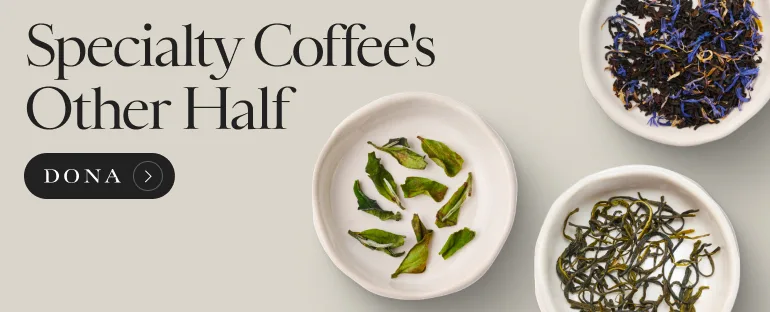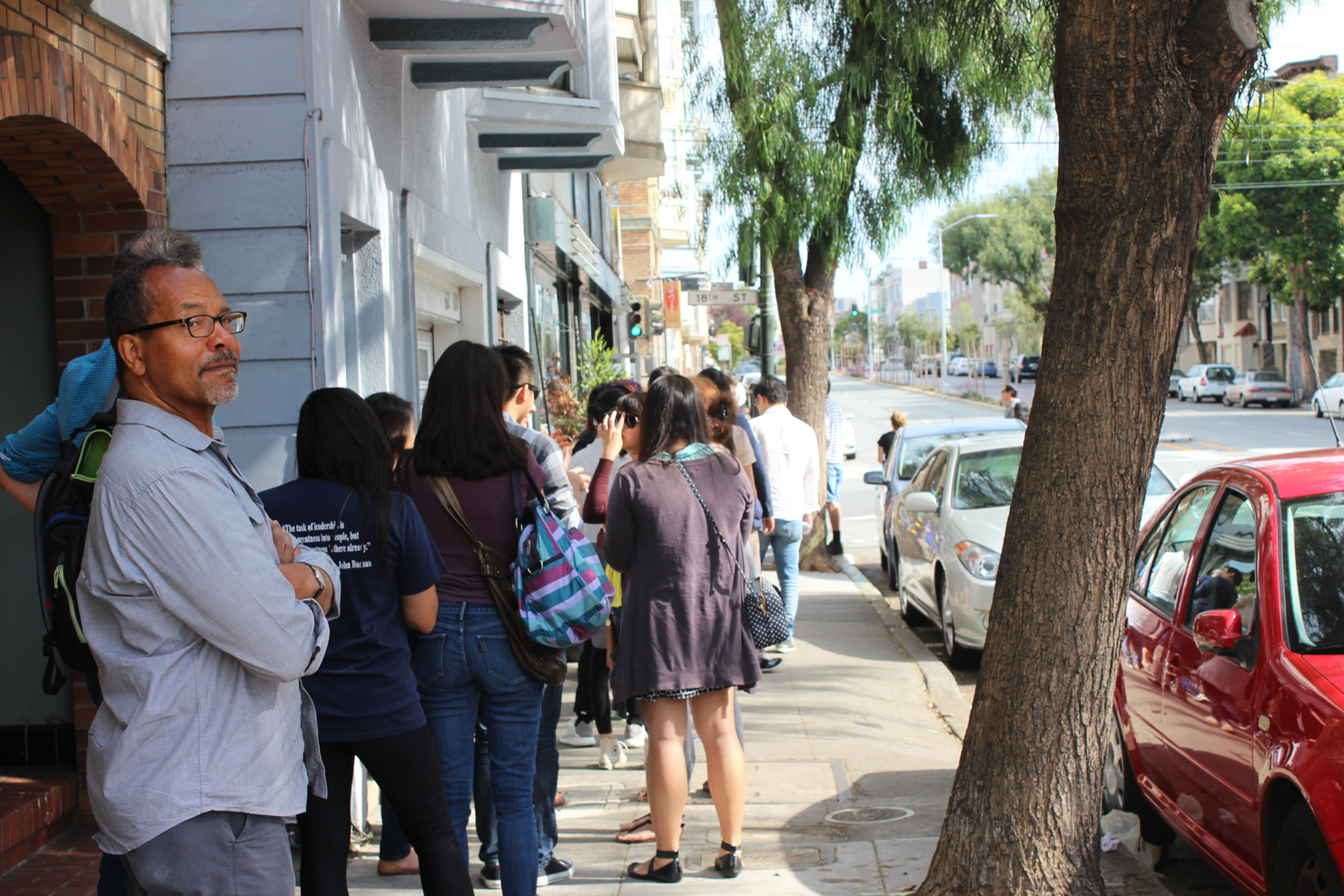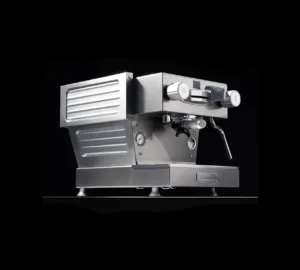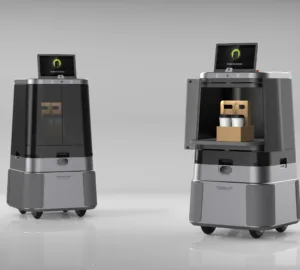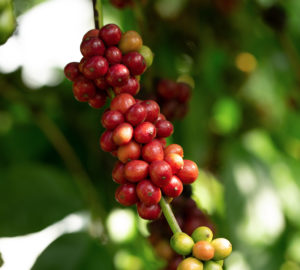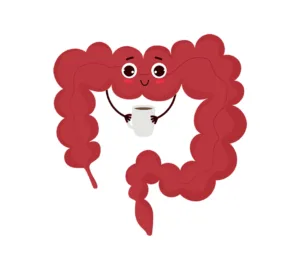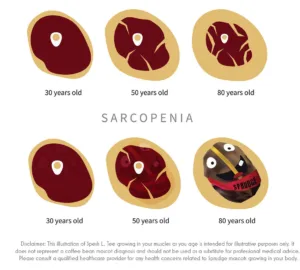Coffee consumption’s positive benefits on brain health, especially in the prevention of Alzheimer’s disease, is not exactly new. Studies have made this connection time and time again. And now there’s research that may explain one of the mechanisms. A new study finds that compounds in espresso can inhibit the aggregation of tau proteins, which are believed to play a part in the development of Alzheimer’s.
Published recently in the American Chemical Society’s Journal of Agricultural and Food Chemistry, the study was performed by Italian researchers (the subject was espresso after all) from the University of Verona. Per News Medical, the authors pulled shots of espresso using “store-bought beans” and used something called “nuclear magnetic resonance spectroscopy”—basically an MRI scan at a molecular level—to analyze the chemical makeup of the drink. They then chose four compounds to focus on: alkaloids caffeine and trigonelline, a flavonoid known as genistein, and theobromine, which also can be found in chocolate. Each of these compounds, along with a full extraction of espresso, were then incubated for up to 40 hours with a shortened form of tau proteins.
For healthy individuals, tau proteins can be beneficial, helping to stabilize structures in the brain. But these shorter tau proteins can start to clump and form longer fibrils, which may lead to the development of certain neurodegenerative diseases, like Alzheimer’s.
In the incubation tests, as the espresso extraction, caffeine, and genistein increased, the fibrils were found to be shorter, unable to form the longer sheets. The full espresso extraction was shown to have the most dramatic results. These shortened tau proteins were found to be non-toxic to cells and “did not act as ‘seeds’ for further aggregation.”
The study’s authors note that the findings relate to all espresso-based drinks, including lattes and even, of all things, espresso martinis.
These findings run in parallel with prior studies on the subject, showing that all coffee was beneficial in preventing Alzheimer’s as well as dark roasted coffee (presumably the type an Italian researcher would buy at the store) having an additional knock-on effect. Because the study looked solely at espresso, it is unclear if the findings extend to filter coffee as well. Maybe there are some Scandinavian researchers who can give it a look.
Zac Cadwalader is the managing editor at Sprudge Media Network and a staff writer based in Dallas. Read more Zac Cadwalader on Sprudge.













